Skymard Construction Machinery (Hunan) Co., Ltd. is a leading Chinese construction machinery exporter. The company is located in Changsha, China, with its headquarters in Shanghai.
Since its establishment, Skymard has been committed to introducing high-quality Chinese construction machinery to international markets. Our product portfolio includes globally recognized brands such as XCMG, SANY, ZOOMLION, CATERPILLAR, HYUNDAI, LIUGONG, LONKING, SEM, SDLG, SHANTUI, CHANGLIN, and HELI.
Through long-term cooperation and reliable service, we help international customers better understand and recognize Chinese construction machinery, while building lasting partnerships with industrial clients worldwide.
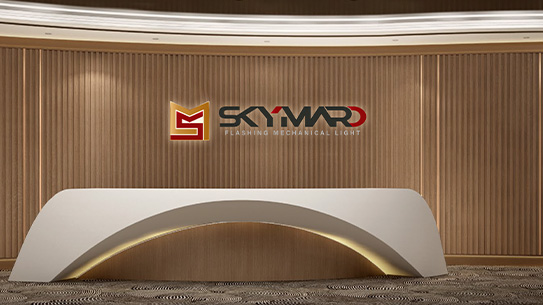
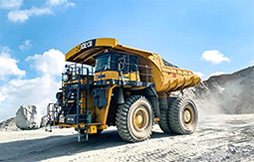
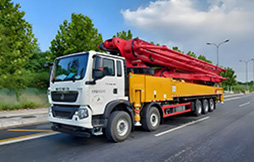
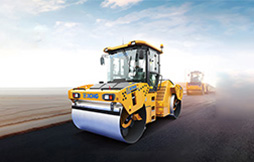
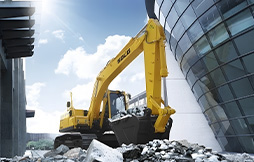
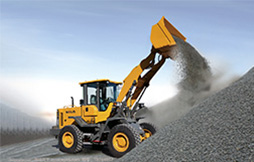
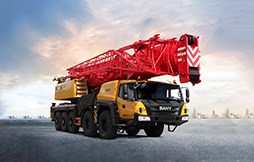





We have professional and powerful certificates, which have been strictly reviewed. From technical research and development strength, product quality control to service standards and specifications, the company stands out, which means that it has reached the top professional level in the industry. The products and services provided to customers are based on a professional and authoritative system.
We have a very high degree of recognition worldwide, and have reached the international cutting-edge level in terms of technological innovation, quality management, environmental protection standards, etc. Holding this certificate can provide the best solutions for global customers.
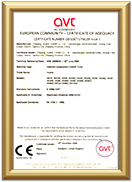
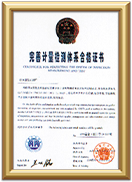
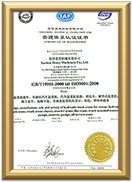
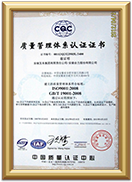
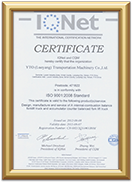
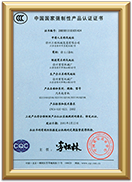
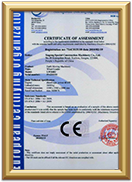
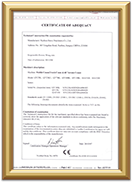
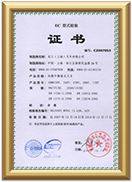
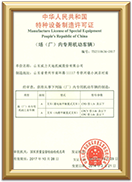
There are many reasons, such as gear wear, meshing clearance is too large, and knocking noise occurs during operation; bearing damage will cause abnormal friction or vibration; unbalanced drive shaft or loose connection will cause vibration and abnormal noise; shock absorbing components are damaged and cannot effectively buffer vibration, causing chassis parts to collide and make noise; it may also be that the connecting bolts of various chassis parts are loose, causing shaking and abnormal noise, etc.
It may be that the hydraulic pump is worn, resulting in insufficient flow and pressure output; the overflow valve is faulty and the pressure cannot be set normally, resulting in the inability to increase the pressure; hydraulic oil leakage, including leakage in pipes, joints, hydraulic cylinder seals and other parts, causing the system pressure to drop; hydraulic oil pollution, clogging the filter or affecting the normal operation of hydraulic components; internal failure of the hydraulic cylinder, such as damage to the piston seal, resulting in internal pressure leakage, etc.
It may be that the tire pressure is inconsistent, resulting in different rolling radius of the tires on both sides; the frame is deformed, affecting the straight-line driving performance of the vehicle; the parts of the walking mechanism are unevenly worn, such as inconsistent track tension and uneven wear of the supporting wheels of crawler-type construction machinery; steering mechanism failure, such as leakage of the steering cylinder, steering valve failure, etc., resulting in different driving forces on both sides.
Common reasons include excessive system load, long-term high-load operation; blockage of the hydraulic oil radiator or failure of the cooling fan, resulting in poor heat dissipation; inappropriate hydraulic oil viscosity, too high or too low viscosity will cause the oil temperature to rise; serious leakage in the system, generating a lot of heat; wear of hydraulic components, resulting in energy loss converted into heat, etc.
The main reasons include air filter blockage, resulting in insufficient air intake; fuel injector failure, excessive fuel injection or uneven fuel injection; poor fuel quality; excessive engine load; poor valve sealing; supercharger failure, etc.
Broken, leaked or blocked pipes in the brake system will cause the brake fluid to be unable to transmit pressure normally; failure of the master or slave cylinder, such as damage to the piston seal and wear of the pump body, will affect the pressure output and braking effect of the brake fluid; excessive wear of the brake pads and the gap between the brake disc or brake drum are too large, and sufficient braking force cannot be generated; deformation, wear and uneven surface of the brake disc or brake drum will affect the fit of the brake pads and the generation of braking force; handbrake (parking brake) system failure, such as improper adjustment of the cable and damage to the handbrake mechanism, will lead to ineffective braking; in addition, poor quality of brake fluid, lower boiling point and increased viscosity will also affect braking performance and even cause brake failure.



















